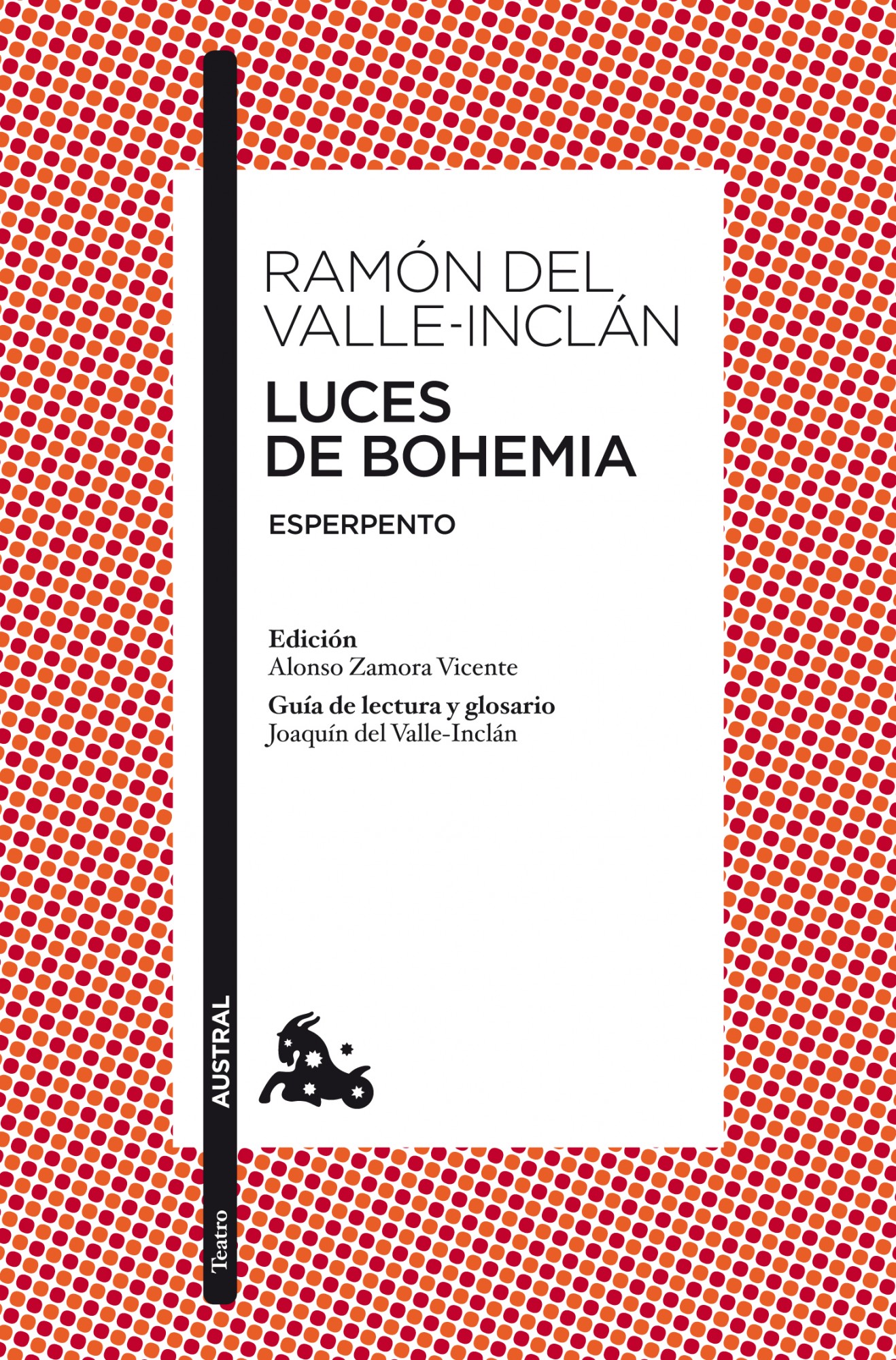

The following year Valle-lnclán produced Bohemian Lights, his first Esperpento (the term means “scarecrow,” or, in fiction, a grotesque deformation of reality). Both of these events profoundly changed his view of the world and his literary style. After the war, Valle-lnclán returned to Spain, which in 1919 experienced tremendous civil unrest in Barcelona and the imposition of martial law in Madrid. In World War I he worked as a correspondent on the French front. The fiction joins disparate elements like religion and sex in prose that relates incidents with exquisite elegance and daring immorality. The series exalts a decadent world tinged with an aura of legend and mystery, replete with adventure and courtships. Subsequent years saw the publication of Sonata de estio (1903 Summer Sonata), Sonata de primavera (1904 Spring Sonata) and Sonata de invierno, (1905, Winter Sonata). In 1902 Valle-lnclán published Autumn Sonata, the first of a series of four novels relating the memories of the Marquis of Bradomín, a qualified type of Don Juan character, who unlike Don Juan is ugly, sentimental, and religious. He had by this time already published stories in magazines and his first book-Femeninas (Sets historias amorosas) (1895 Of Women: Six Amorous Stories). A dispute with a journalist in 1899 led to his left wrist being injured gangrene set in, and his arm had to be amputated. Yet he impressed those who knew him well as a kind, shy man.

With his high-pitched voice and a lisp, he monopolized attention, making up stories about himself or others and reacting violently to interruptions. Occasionally he lost his temper, but never his arrogant attitude. People would stare and sometimes make fun of him. He wore large tortoise-shell-rimmed glasses and very loose clothing, like a frock coat.

He changed his appearance substantially, letting his beard and hair grow. His behavior at the time showed contempt for the rational world of the bourgeoisie. He resided in old guest houses and practically never left the cafés, going out at night and sleeping during the day. When he returned to Spain a year later, he lived a bohemian life in Madrid. In 1892, before finishing his studies in law, Valle-lnclán moved to Mexico. Spanish writer Ramón Maria del Valle-lnclán was born in Villanueva de Arosa, in the northeastern region of Galicia in 1868, the same year that a liberal military rebellion overthrew Queen Isabel II. In the process, he encounters injustice, affront, and misery, his story becoming a grotesque parable of the impossibility of living in a deformed, oppressive, and absurd Spain.Įvents in History at the Time of the Play

Max Estrella, a poor, blind, has-been poet, wanders through Madrid on the last night of his life. A Play set in post- World War I Madrid published in 1920 in the literary magazine España in Spanish (as Luces de bohemia) in 1924 in English in 1969.


 0 kommentar(er)
0 kommentar(er)
